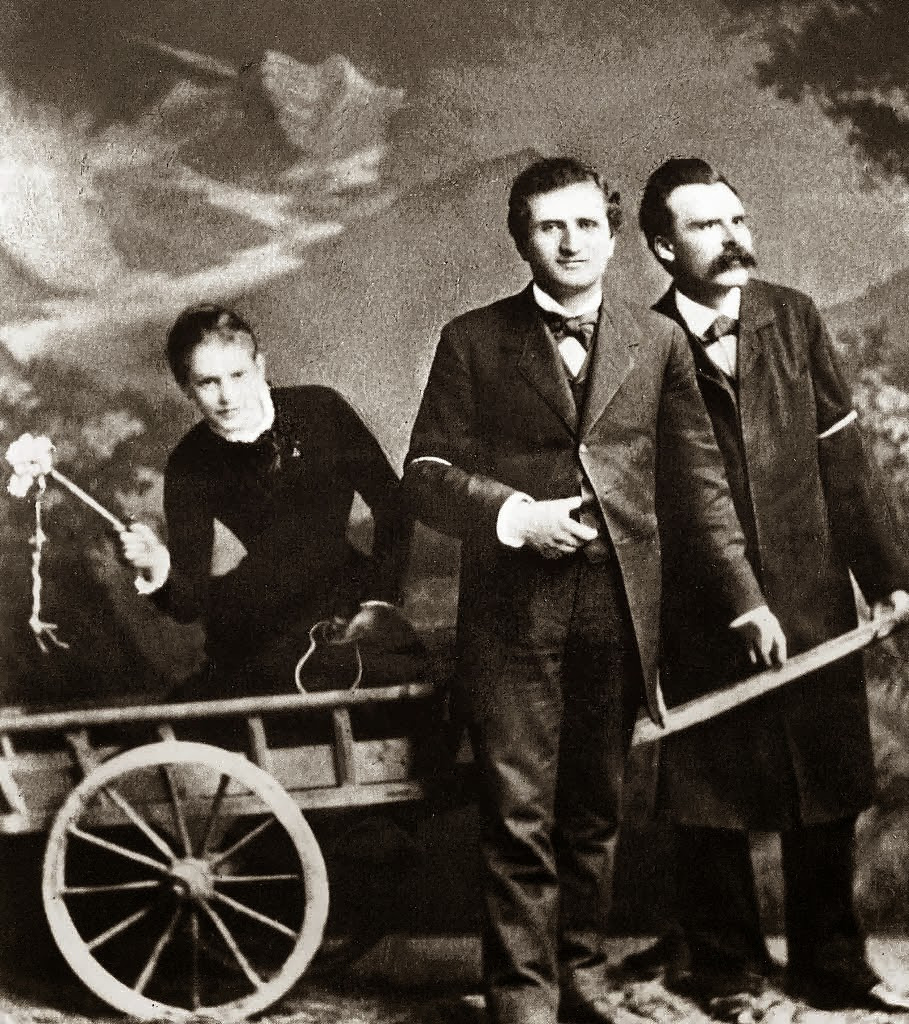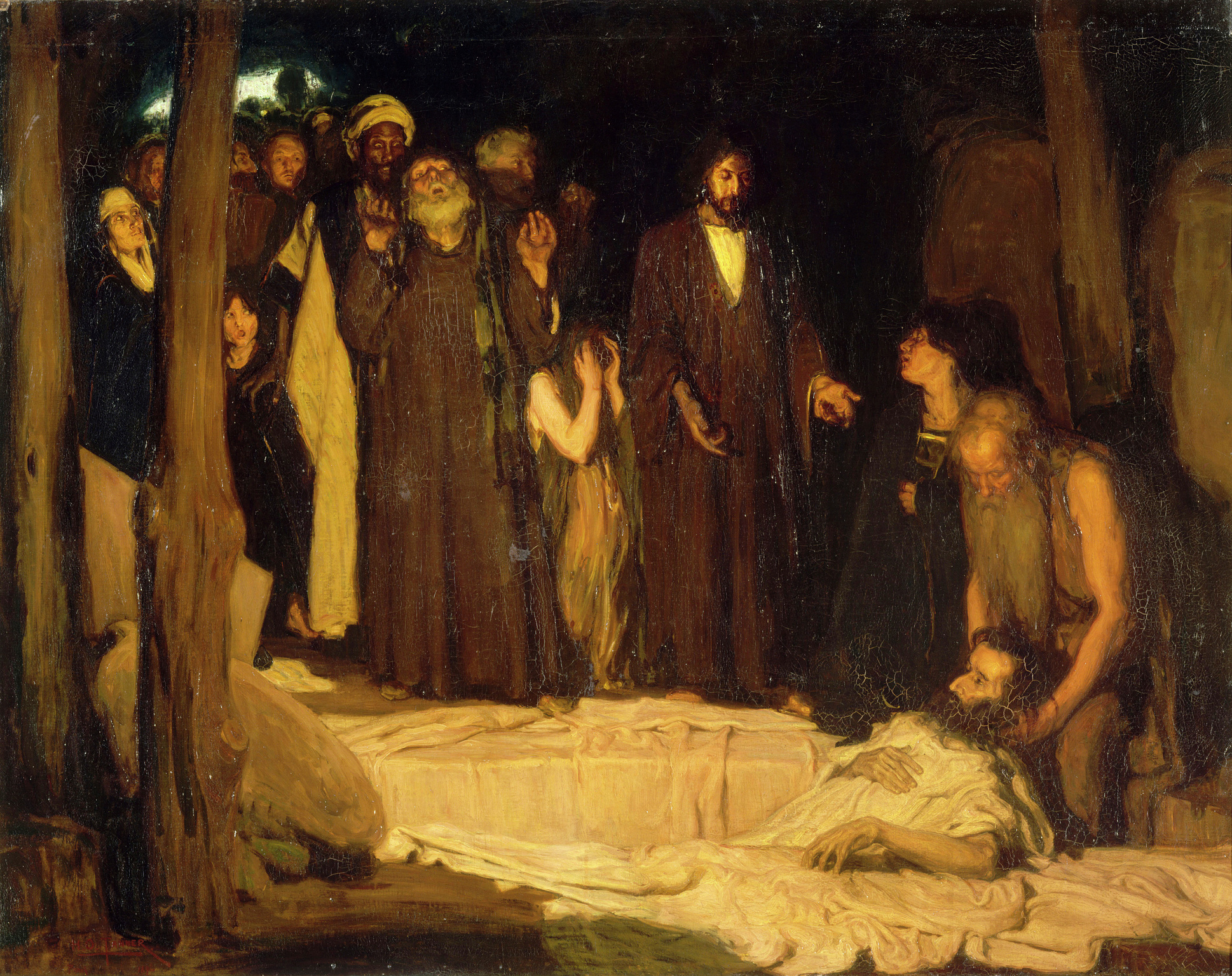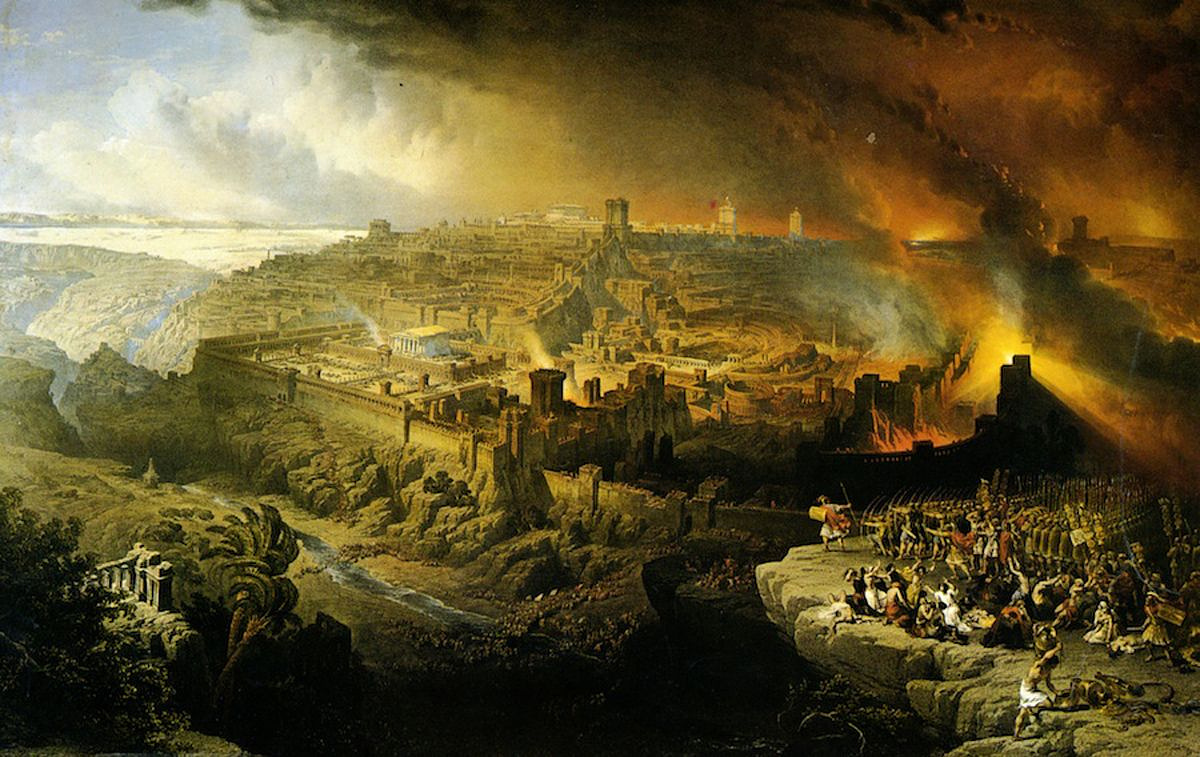Zum Wohl!
There is wisdom, practical wisdom in it, when over a long period of time even health itself is administered only in small doses.
[EDITOR'S NOTE: There is no editor. This post is more disjointed than normal. It was written in spurts over the course of several days between visits to the hospital. Two of those days were punctuated by hours over a toilet.]
Medical procedure number one is over with. Medical procedure number two was a wash. The prep for the procedure wasn't sufficient. So I have to take a mulligan. The most remarkable thing about it all was the efficiency. Many have noted that we seem to be in a period of decline. Some of the most reliable services in the US are falling apart, especially post-COVID. I can't remember the last time since the ridiculous shutdowns ended that I visited a fast-food restaurant which didn't feature a trash can overflowing onto an unmopped floor. Good luck buying a car. The most American of endeavors've become more mythos than ethos.

Water for chocolate . . .

So going through a relatively complicated medical procedure and having it handled with some old-fashioned faceless economy was a delight. (Even when getting the procedure scheduled and sorted out among my physicians and health insurance was a nightmare.)
The outcome of the surgeries (they were primarily exploratory) so far hasn't been surprising. I'm convalescing. But I've been convalescing for quite a while. Convalescence is after primarily what this whole blog is about. (I did decide to start this in the middle of a cardiologist's waiting rom.) But having a good reason to convalesce always brings me to Nietzsche. Convalescence and decadence are two leitmotifs for the misunderstood Romantic. My surgeries brought both into relief.

Nietzsche hated pessimists. A lot. He hated all forms of pessimism but the primary target of his ire was philosophical pessimism (1). That the world is anything other than the best of all possible worlds. Academics argue about whether Nietzsche's thought ought to be taken as formal ontology or as a call to ethical development. I tend toward the latter. If you don't have any desire to read Romantic German philosophy, one of the best treatments of Nietzsche's thought is the incredible film Eternal Sunshine of the Spotless Mind. If you haven't seen it, you really should. Even if you don't believe it's a near-perfect distillation of Nietzsche, it's the greatest screwball comedy since the Golden Age of Hollywood.

One thing Nietzsche thought disastrous to one's ethical development was easy comfort. As a good Romantic, rather than seeing illness or sickness as a sign of a lack of health, Nietzsche sees them as the preconditions for health. He suffered significant GI distress which altered the course of his life. So his approbation for discomfort wasn't some idle navel-gazing on his part.
Recovering from sickness and illness allow those things which are near to become near again rather than mistaking those things which are merely close for the near. Those things which close in on us like a fallen ceiling or taxes and those things we wrestle to keep close to us like plans to complete a dissertation or staying current on the most recent political scandal in American politics come under threat of annihilation. Those things which are nearest to us are given room to be once more. Restricted to midmorning hours to bed, we see the sun's colors on our bedroom walls. Through our bedroom window, we notice our neighbor's struggle with a recalcitrant patch of weeds. If we grow sick enough, we might just find enough health to encounter the nearest thing to us all, God.

So it is in social decline or decadence.
As the mechanisms which mediate all things for us in a comfortable manner begin to unwind and decay, we might find ourselves no longer close to all things. An infinite inventory of goods a mere click away. A friction-free, comforting meal isolated from the terror of having to engage with the diners around us. Fandoms and group chats which echo back to us our worst excesses. Glass paved roads that cut through the world around us and provide us transport without having to take the slightest notice of our environs and their inhabitants.
The near may have a chance again to appear.
But how to convalesce as a society? Such a thing requires an act of God. Most of the religious mistake God's discipline for mere punishment--usually of everyone other than themselves. Where the climate-change hysteric or race-war enthusiast sees only the judgement of Providence for man's transgression of their peculiar cultic laws, the children of God see social decline as God rebuking his image-bearers for the worst of all sins: refusal to rest and to give rest, to convalesce.
The eco- and race-terrorist could happily and unironically lament with the songwriter:
By Babylon’s streams,
there we sat, oh we wept,
when we recalled Zion.
On the poplars there
we hung up our lyres.
For there our captors had asked of us
words of song,
and our plunderers—rejoicing:
“Sing us from Zion’s songs.”
How can we sing a song of the LORD
on foreign soil?
Should I forget you, Jerusalem,
may my right hand wither.
May my tongue cleave to my palate
if I do not recall
if I do not set Jerusalem
above my chief joy.
Recall, O LORD, the Edomites,
on the day of Jerusalem, saying:
“Raze it, raze it,
to its foundation!”
Daughter of Babylon the despoiler,
happy who pays you back in kind,
for what you did to us.
Happy who seizes and smashes
your infants against the rock.
The Psalmist forgets the reason for his exile into a new Garden of Eden (2). Babylon didn't forget Zion or Jerusalem, Israel did. She did not give rest to the slave and the poor. No rest to the animals. No rest to the land. For 490 years, the land was wore out by its inhabitants. God rested. God's image will rest as well, whether she wants to or not.
In the exile, in Israel's convalescence, she finds her God again and her calling to be his daughter and bride. In her humiliation, she finds restoration, if only partially so. Israel would never mistake Zerubbabel's Temple for that of Solomon's. Just a little health so that she might see might come to know the greater Temple, Christ.

Decline, decay, decadence, and death never have the last word for Nietzsche's free spirit. They are but mere labor pains to a greater rebirth. Nietzsche here might as well be Christ or Paul or Clement. In the letter to the Corinthians, Clement uses the legend of the Phoenix to illustrate the transformative power of suffering and death.
Let us observe the remarkable sign that is seen in the regions of the east, that is, in the vicinity of Arabia. There is a bird that is named the phoenix. This bird, the only one of its species, lives for five hundred years. When the time of its dissolution and death arrives, it makes for itself a coffin-like nest of frankincense and myrrh and the other spices, into which, its time being completed, it enters and dies. But as the flesh decays, a certain worm is born, which is nourished by the juices of the dead bird and eventually grows wings. Then, when it has grown strong, it takes up that coffin-like nest containing the bones of its parent, and carrying them away, it makes its way from the country of Arabia to Egypt, to the city called Heliopolis. There, in broad daylight, in the sight of all, it flies to the altar of the sun and deposits them there, and then it sets out on its return. The priests then examine the public records of the times, and they find that it has come at the end of the five hundredth year.
How, then, can we consider it to be some great and marvelous thing, if the Creator of the universe shall bring about the resurrection of those who have served him in holiness, in the assurance born of a good faith, when he shows us—by a bird, no less—the magnificence of his promise? For it says somewhere: “And you will raise me up, and I will praise you”; and, “I lay down and slept; I rose up, for you are with me.” And again Job says: “And you will raise this flesh of mine, which has endured all these things."

We only become who we truly are when we die, whether a little, or a lot. Unlike the Phoenix, we are not reborn into our former bodies and as our former selves but into and as Christ. Christianity is the only proper Romanticism. Nietzsche, like all proper Christians, revered Christ and loathed Christians. American Christians lament decline. Their own and their societies'. Hence the American Gospels of health and wealth (3), and Christian Nationalism. Whereas Nietzsche can look into the pit of suffering and find hope and the flowering of something greater, the American Christian sees decline and just wants to get back to the gym and the carhop. Grill and chill.
When Paul's authority was questioned, he pointed to his suffering as the proof of his calling by the Risen Lord. The American Christian points to his 401k balance or the stability of his nation. And Paul sees in his own suffering his very union with Christ completing Christ's suffering. The eschaton comes forth.
In dem Zeitalter des Niedergangs, the American Christian cries Maranatha as a demand. Nietzsche and all the Freigeister cry Maranatha as their creed (4).
To all my fellow Free Spirits! Let us assume the only position proper to decline--recline! Proletarier aller laender, entspannt Euch!
1) I've always gotten a kick out the pessimist par excellence, Schopenhauer. He inverts the classical ontological question and asks, why is there nothing rather than something. lol.
2) The history of this Psalm's interpretation has been incredibly fraught. More than a few more civilized Christian denominations have taken it out of their lectionaries and prayerbooks.
The ancient Church was happy to read the Psalm typologically (coming post in the bible code series) and Christologically. One reading of the Psalm sees the infant as the smallest of sins, which are to be destroyed upon the true Rock which is Christ. Similarly, another reading sees the Psalm as a text for infant baptism. The true Canaanite genocide is prosecuted by killing every enemy by drowning them in the waters the waters of Baptism.
I've more than a few thoughts about how to read this Psalm with a Biblical imagination. Perhaps I will write an entry or two on what comes to my mind after I tackle at least one reading from the lectionary!
3) The Heatlh and Wealth gospel we will see in falling ceilings is THE American gospel. Everyone believes in it. Everyone.
4) This bit of Aramaic found in the New Testament has traditionally been glossed as a plea: Lord, come! But depending on how the the letters are divided, it can just as easily be a statement of fact: The Lord has come!.
